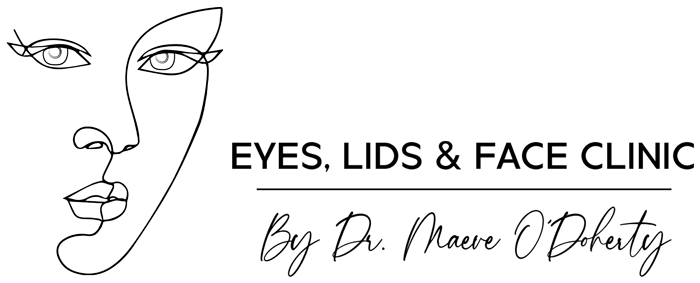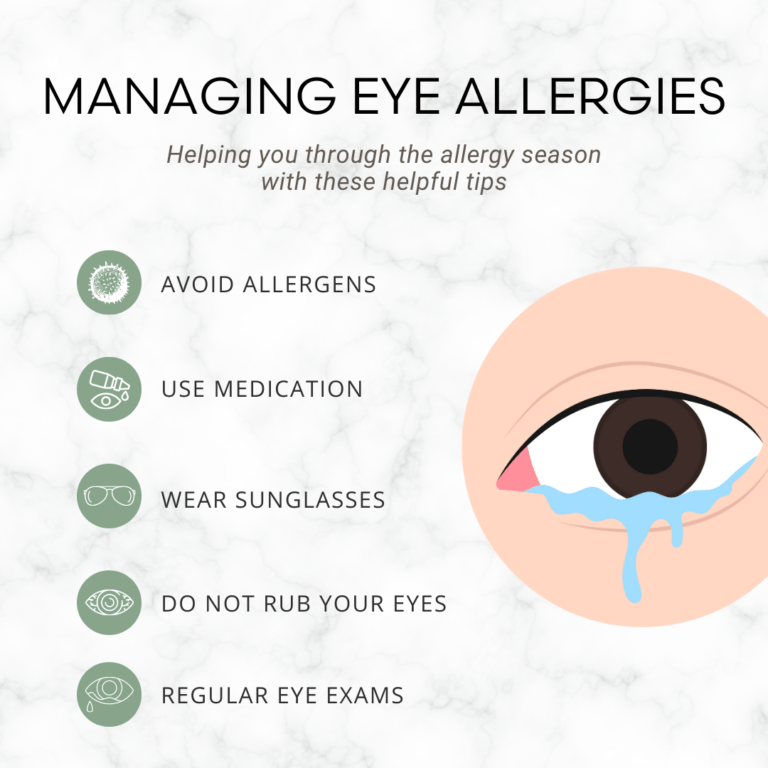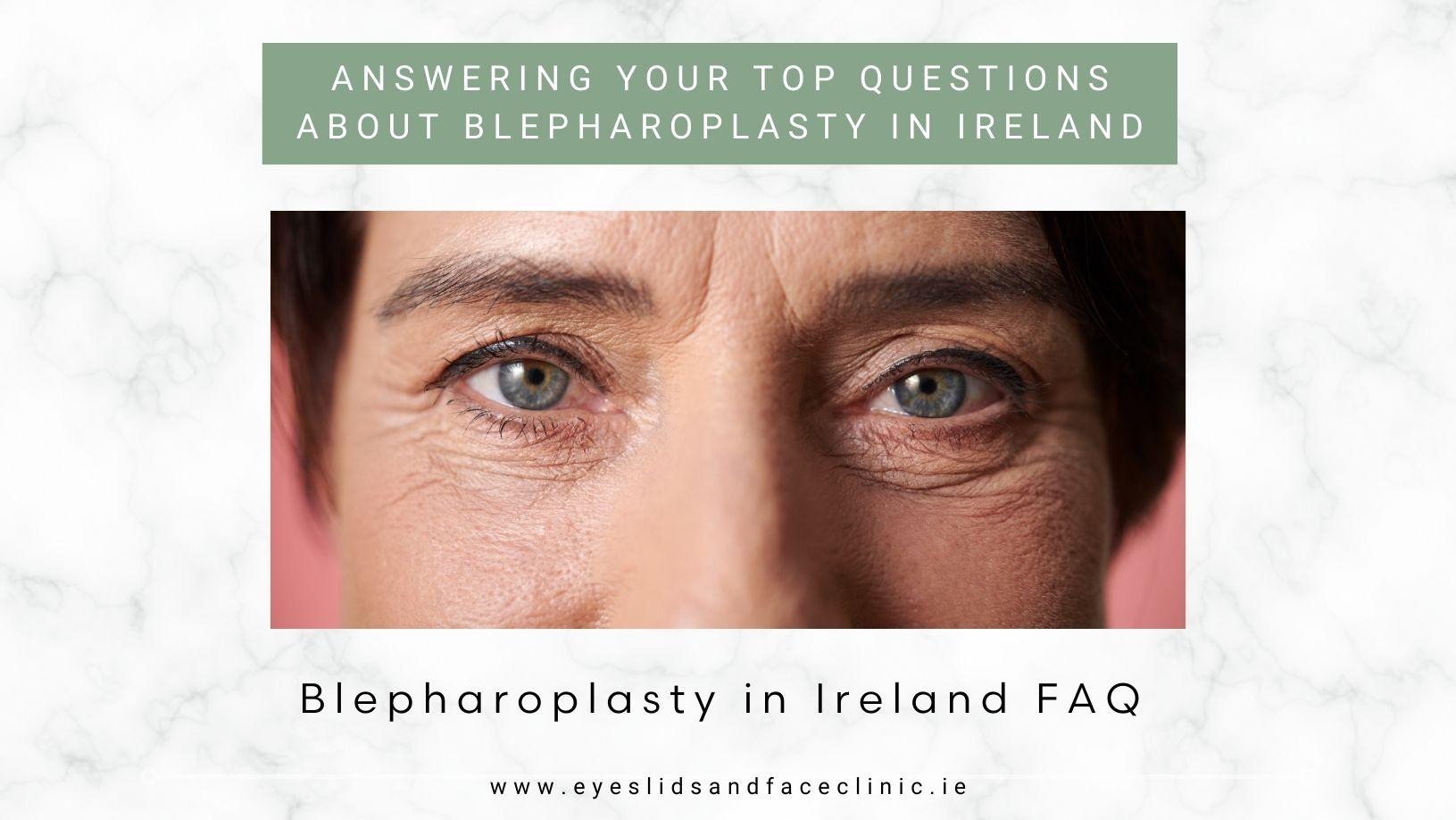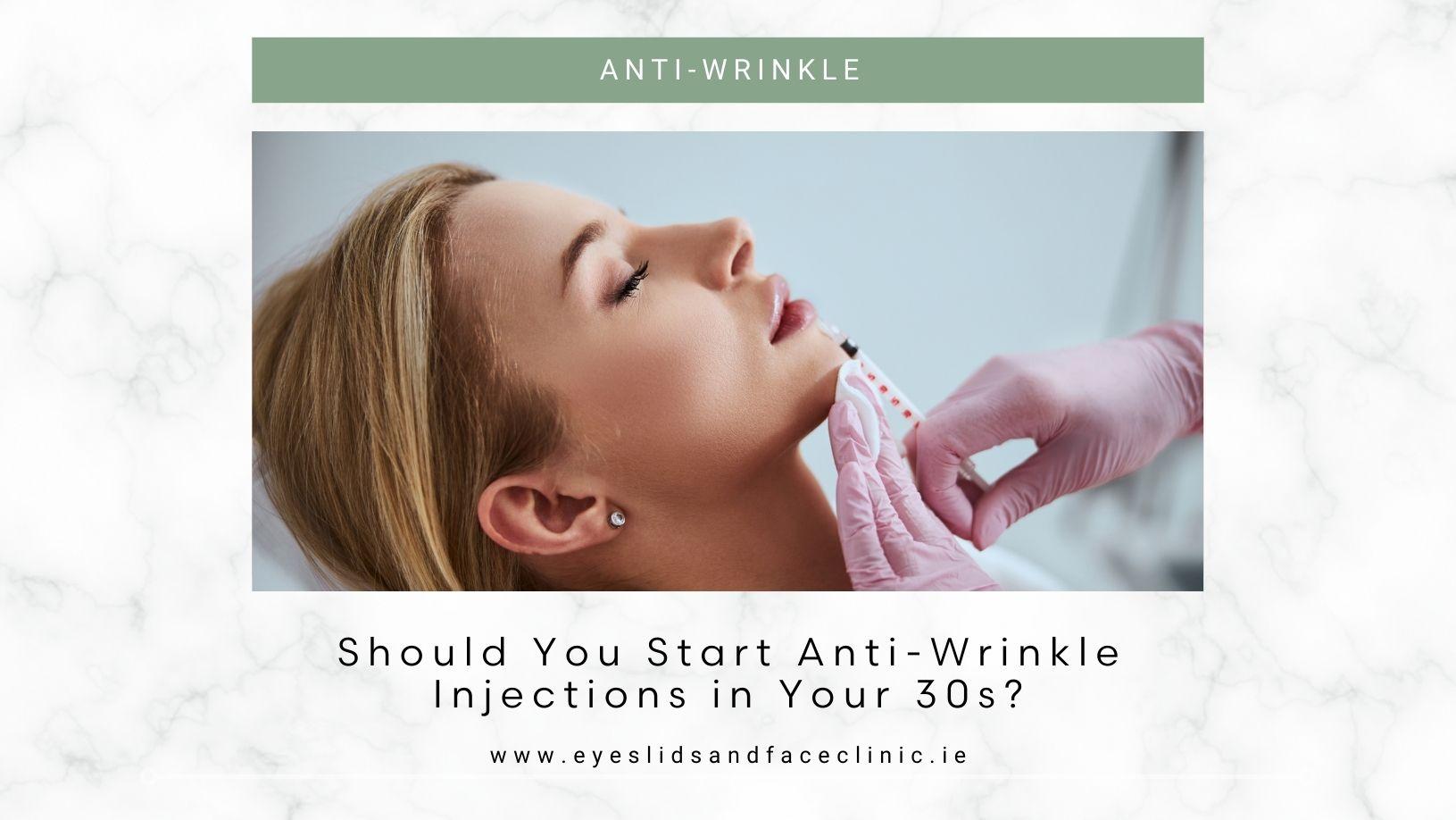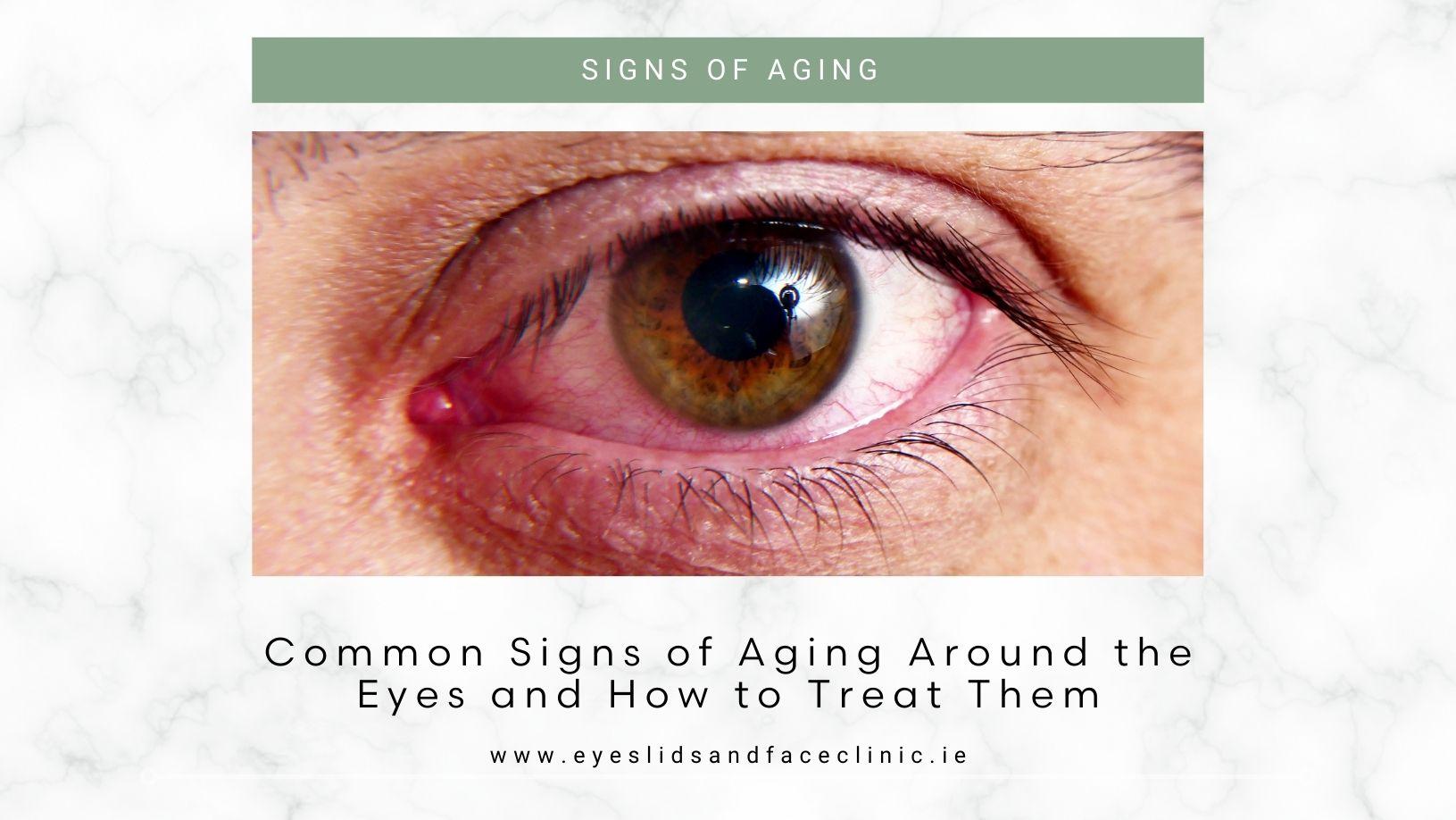Allergies are a common issue that can affect various parts of the body, but did you know they can also impact your eye health? At Eyes, Lids & Face Clinic, we believe in providing comprehensive education to our patients. In this blog post, we delve into the connection between allergies and eye health, exploring how allergies can affect your eyes and how you can manage these effects.
What Are Allergies?
Allergies occur when the body’s immune system overreacts to substances called allergens. These can be anything from pollen, dust mites, mold, pet dander, or certain foods. This overreaction triggers an inflammatory response, leading to symptoms such as sneezing, itching, and congestion. But allergies can also affect the eyes, leading to allergic conjunctivitis.
Allergic Conjunctivitis
Allergic conjunctivitis is an eye inflammation caused by an allergic reaction to substances like pollen or mold spores. The inside of your eyelids and the covering of your eyeball have a membrane called the conjunctiva, which can react to allergens. This reaction triggers your body to release histamines, which can cause symptoms such as itching, redness, burning, or watery eyes.
Managing Eye Allergies
Understanding the connection between allergies and eye health can help you take steps to manage allergic reactions and preserve your eye comfort. Here are a few tips:
Avoid Allergens: The first line of defense against eye allergies is to avoid exposure to allergens. This can mean staying indoors when the pollen count is high, using air filters in your home, and regularly washing your bedding to reduce dust mites.
Use Medication: Over-the-counter antihistamine eye drops or oral medications can often help control eye allergy symptoms. In some cases, prescription medications may be necessary. Always consult with your ophthalmologist to determine the best treatment for your specific needs.
Wear Glasses or Sunglasses: Wearing glasses or sunglasses can help protect your eyes from allergens, reducing symptoms.
Do Not Rub Your Eyes: Although allergies can cause your eyes to itch, rubbing your eyes can exacerbate your symptoms and potentially lead to more serious eye problems.
Regular Eye Exams: Regular eye examinations can help detect and manage allergies affecting your eyes. If your symptoms are persistent and affecting your quality of life, an ophthalmologist can provide more advanced treatment options.
At Eyes, Lids & Face Clinic, we understand the discomfort that eye allergies can bring. Remember, you don’t have to suffer through the allergy season. With careful management and the help of your ophthalmologist, you can navigate allergy season with minimal impact on your eye health. If you are experiencing symptoms of eye allergies, don’t hesitate to contact us. We’re here to help ensure your eyes remain comfortable and healthy all year round.
